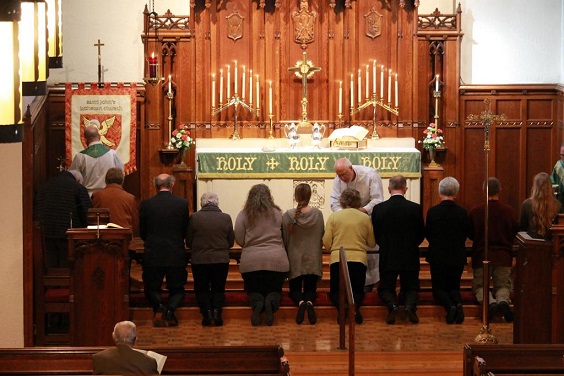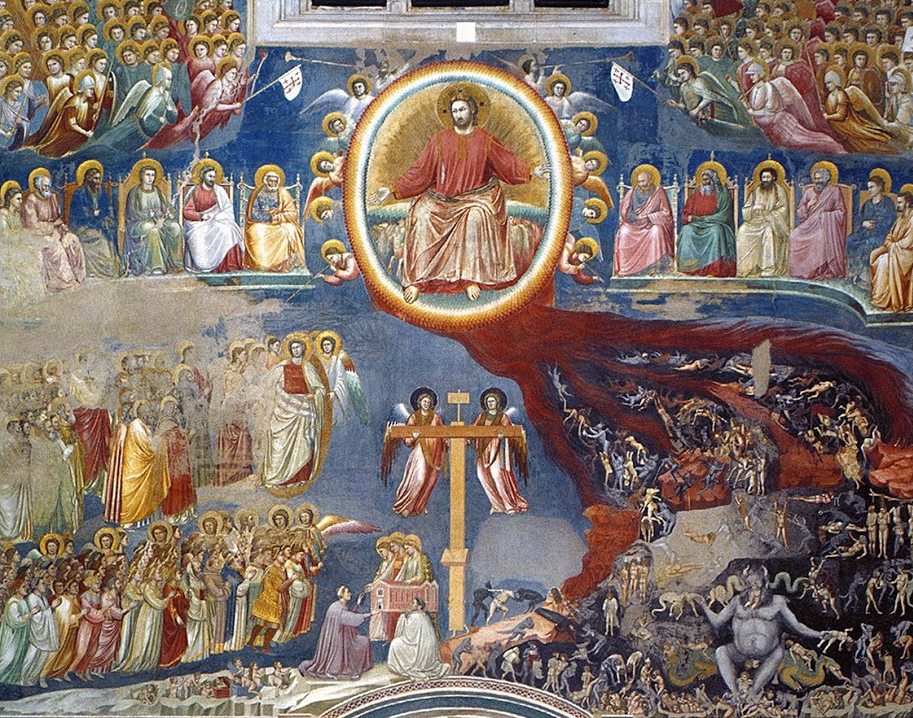Tag: Second to Last Sunday of the Church Year
-

Second to Last Sunday of the Church Year
Readings: Daniel 12:1–3 | Hebrews 10:11–25 | Mark 13:1–13 Text: Mark 13:1-13 About 30 years ago, the pop group R.E.M. popularized the phrase, “It’s the end of the world as we know it; and I feel fine.” At the time, they were reacting to political movements and the end of the Cold War. From their…
-

Second to Last Sunday of the Church Year (Matthew 25:31-46)
Bethlehem Lutheran Church, Lebanon, OR Second to Last Sunday of the Church Year + November 17, 2019 Text: Matthew 25:31-46 This is one of the most uncomfortable passages of Scripture to read, because it leaves us with questions of, have I been good enough to stand on the Lord’s right hand? What does it take…
-

Second to Last Sunday of the Church Year (Matthew 25:31-46)
Bethlehem Lutheran & Bethel Lutheran Church, Lebanon & Sweet Home, OR Second to Last Sunday of the Church Year + November 18, 2018 Baptism of Nathan L. Vasquez Text: Matthew 25:31-46 It’s no myth from the past or a method of keeping people in line. Every person will appear before the judgment seat of Christ. …